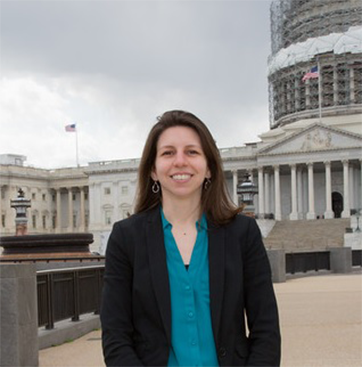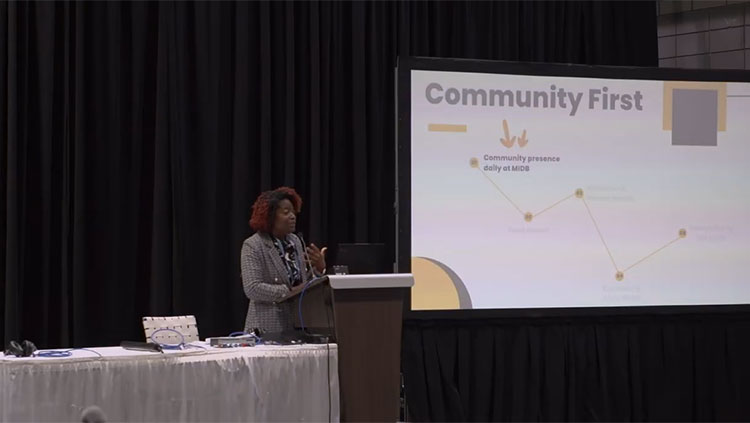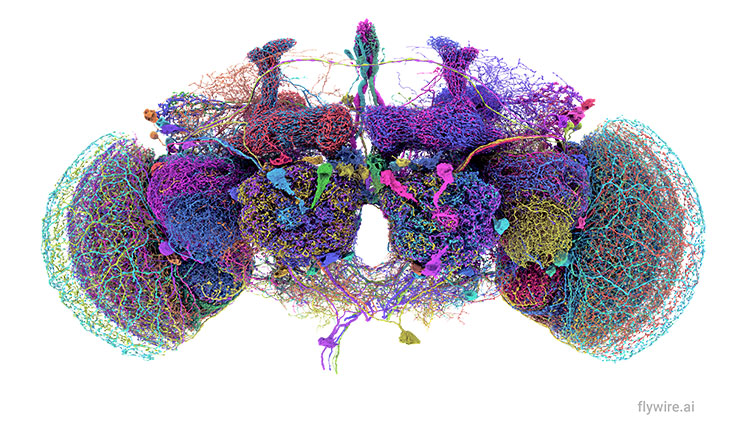Brief: How to Make New Drugs? Start With Basic Research!
- Published6 Apr 2016
- Reviewed6 Apr 2016
- Author Jennifer Brummet
- Source BrainFacts/SfN
On March 23, 2016, lawmakers and research advocates gathered for a briefing about the importance of basic research to find treatments for diseases. “How to Make New Drugs? Start With Basic Research!” was presented by the Congressional Biomedical Research Caucus (CBRC).
The event began with remarks from CBRC co-chair Representative Steve Cohen (D-TN) about the importance of biomedical research. Cohen was infected by polio as a young child, which caused him to “shift his attention from sports to politics.” Cohen discussed how more funding for the polio vaccine may have prevented his illness, and is now a vocal supporter of federal research funding.
The speaker was Mark Fishman, President of the Novartis Institutes for Biomedical Research. Fishman explained how understanding basic science and bodily mechanisms is the first step to drug discovery.
“We have to know the basic science behind a process before we can even begin to make the medicine,” he said.
Basic research focuses on fundamental questions that may not have any clear potential for medicine. However, these fundamental questions may reveal unknown facts about our bodies and brains that can then be used to create treatments and cures in the future. Fishman explained how very basic findings can eventually lead to breakthroughs in curing cancer, editing genes, and reversing aging.
“What starts out just in an attempt to understand what’s beautiful often ends up in something that’s very practical,” Fishman said. Many of these findings have already resulted in treatments, and Fishman believes that “the cure for most cancers will happen in the next decade.”
Fishman offered several examples of the potential of this translational science. In one case, studying the development of fruit fly embryos unlocked new understanding of the genetics behind colon cancer. This discovery led to the ability to target drug treatments for colon cancer in humans. Fishman also discussed the development of CRISPR-Cas system, a potentially revolutionary gene-editing technique that was invented after studying how bacteria fight off viral infections. Several companies are now trying to use CRISPR to cure diseases and disorders at the genetic level in humans.
However, Fishman emphasized that the process of turning basic discoveries into a drug or a treatment can take “minimally 25 years, often 30 or 40 years.” Despite this long journey, Fishman emphasized that “all drug discovery depends on basic science.”
The briefing was widely attended by congressional staff. CBRC briefings help to inform interested congressional offices on current advances in biomedical research, and voice the importance of federal funding for this research. The CBRC is a bipartisan Caucus that seeks to support congressional committees and Members of Congress with jurisdiction over NIH, NSF, science research, and health issues. The caucus has seventy five members from the House and the Senate and is co-chaired by Reps. Steve Stivers (R-OH), Jackie Speier (D-CA), Joe Barton (R-TX), and Steve Cohen (D-TN).
View the briefing online.
CONTENT PROVIDED BY
BrainFacts/SfN
Also In Supporting Research
Trending
Popular articles on BrainFacts.org


















